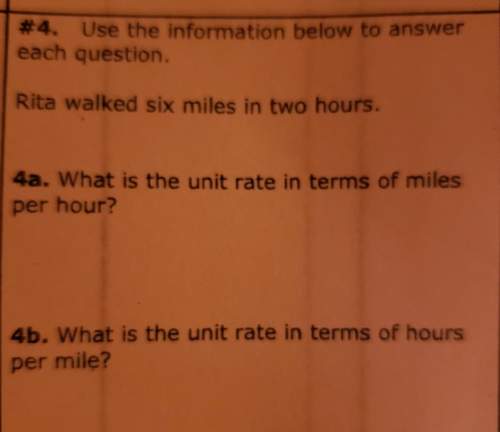
Mathematics, 18.02.2020 02:07 elainnysanchez1541
The "random walk" theory of securities prices holds that price movements in disjoint time periods are independent of each other. Suppose that we record only whether the price is up or down each year, and that the probability that our portfolio rises in price in any one year is 0.65. (This probability is approximately correct for a portfolio containing equal dollar amounts of all common stocks listed on the New York Stock Exchange.)(a) What is the probability that our portfolio goes up for 3 consecutive years?(b) If you know that the portfolio has risen in price 2 years in a row, what probability do you assign to the event that it will go down next year?(c) What is the probability that the portfolio’s value moves in the same direction in both of the next 2 years?

Answers: 2


Another question on Mathematics


Mathematics, 21.06.2019 21:10
Jenny earned a 77 on her most recent test jenny score is no less then 5 points greater then 4/5 of terrance’s score if t represents terrance score which inequality represents the situation
Answers: 3

Mathematics, 22.06.2019 03:00
Write each rational number in the form a/b, where a and b are integers. 1. 5 1/6 2. -12
Answers: 1

Mathematics, 22.06.2019 03:00
The triangle rst, rs = 65 and st = 60. which equation could be used to find the value of angle s?
Answers: 1
You know the right answer?
The "random walk" theory of securities prices holds that price movements in disjoint time periods ar...
Questions



Mathematics, 14.11.2020 01:00

English, 14.11.2020 01:00

Spanish, 14.11.2020 01:00


Mathematics, 14.11.2020 01:00

English, 14.11.2020 01:00

Mathematics, 14.11.2020 01:00


Mathematics, 14.11.2020 01:00


Mathematics, 14.11.2020 01:00

Mathematics, 14.11.2020 01:00


Chemistry, 14.11.2020 01:00


Mathematics, 14.11.2020 01:00





